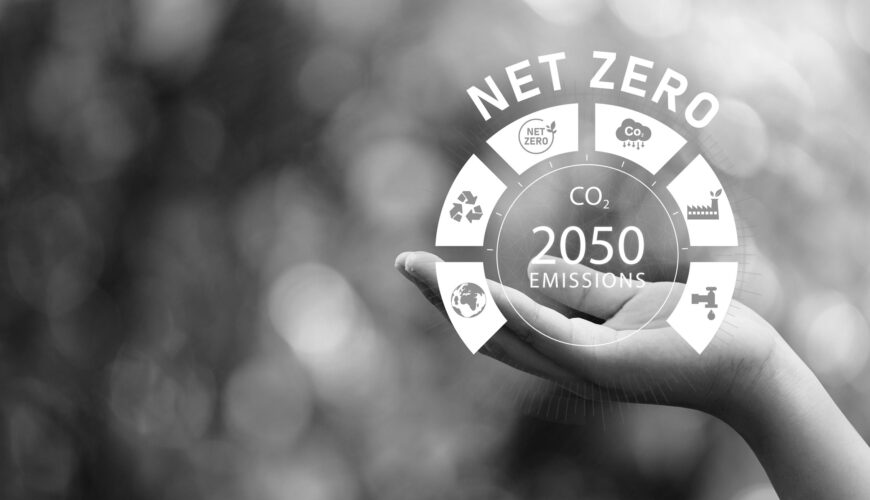As climate change and sustainability become bigger priorities for companies, there’s a trend change in how to measure and manage related targets. The model of purchasing carbon offsets is beginning to fade into the background, while aiming for science-based targets is slowly taking its place. More than 2,200 companies have publicly announced the use of science-based targets, making up approximately 35 percent of global market capitalization. Using this approach, businesses are using the Science Based Targets initiative (SBTi) to verify emissions reductions.
Supply chain management plays a big role in meeting these new targets. In order to achieve the goals, companies will need to measure, analyze, and reduce emissions of all kinds. The chief method is to source renewable energy and reduce waste. All of this follows changing demand for such action, from consumers, investors, and regulators. Combined, companies must take meaningful action to meet these expectations, or eventually pay the price through regulatory penalties and/or lost customers.


